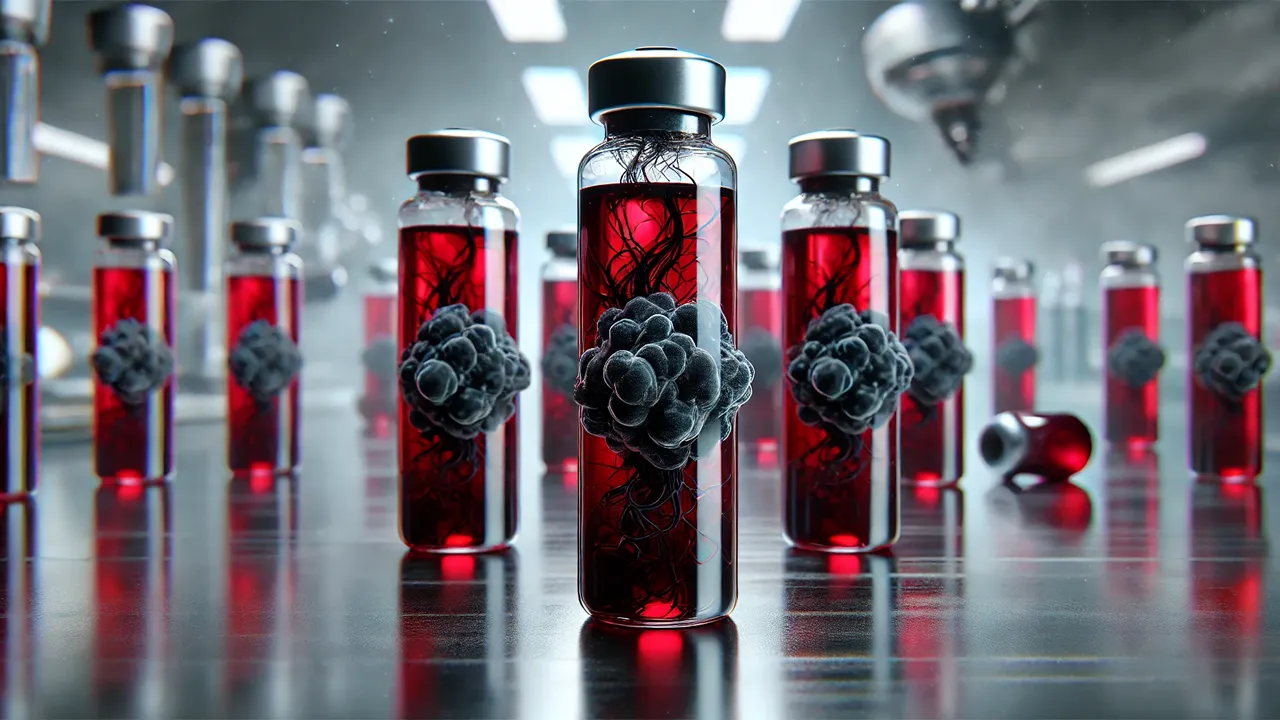Introduction: A Beacon of Hope in Diagnosing Rare Genetic Ailments
Diagnosing rare genetic diseases, especially in newborns and young children, often represents a long and arduous journey for families and doctors, known as the "diagnostic odyssey." Traditional methods can take months, if not years, wasting precious time for starting treatment. However, inspiring news came from Australia today, May 26, 2025: researchers from the University of Melbourne, as reported by Medical Device Network, have developed a AI-powered rare disease diagnosis|revolutionary AI-based blood test capable of significantly accelerating and improving the accuracy of identifying such conditions in children.
Melbourne's Innovation: How Does the AI Test Work?
The new method developed by Melbourne scientists uses advanced artificial intelligence algorithms to analyze complex genetic data obtained from a child's blood sample. Instead of manually or with limited computational methods searching for specific markers of individual diseases, the AI system can simultaneously scan a vast amount of genetic information, identifying subtle patterns and anomalies characteristic of hundreds of rare genetic syndromes. Presumably, the system is trained on extensive anonymized genetic datasets and clinical histories, allowing it to accurately correlate detected genetic variants with specific diseases.
Speed and Accuracy: Changing the Diagnostic Paradigm
The main advantages of the new AI test are its speed and accuracy. According to preliminary data announced by researchers, the analysis can provide results within days, rather than weeks or months, as is often the case with standard approaches involving sequential testing for individual groups of diseases. Such speed is critically important, as many rare genetic diseases require immediate initiation of therapy to prevent irreversible health and developmental consequences for the child. Increased accuracy, achieved through AI's ability to analyze complex relationships in the genome, also helps reduce the number of false positives or false negatives, saving families from unnecessary anxiety and procedures.
Impact on Patients and Families: Ending Diagnostic Uncertainty
For families facing a suspected rare disease in their child, the AI-powered rare disease diagnosis|new AI blood test can be a true lifesaver. A quick and accurate diagnosis not only allows for timely initiation of necessary treatment or palliative care but also gives parents certainty, the opportunity for genetic counseling, and the ability to plan for the future. Reducing the "diagnostic odyssey" lessens the psychological burden on the family and allows resources to be directed towards caring for the child and improving their quality of life.
The Science Behind It and Future Potential
Although details of the specific AI algorithms and neural network architectures used in the test will likely be detailed in upcoming scientific publications, it is already clear that this is about the synergy of genomics, bioinformatics, and advanced machine learning methods. This breakthrough opens doors for further expansion of AI capabilities in medicine. In the future, similar technologies could be adapted for diagnosing an even wider range of diseases, for predicting their development risks, and even for selecting personalized therapy based on a patient's genetic profile.
Conclusion: AI Guarding Children's Health
The University of Melbourne's development is a prime example of how artificial intelligence can serve humane goals by solving the most complex medical challenges. The AI-powered rare disease diagnosis|AI blood test for diagnosing rare genetic diseases in children is not just another technological achievement; it is a tool capable of genuinely changing the destinies of young patients and their families for the better, offering hope and opening new horizons in pediatrics and genetics.
